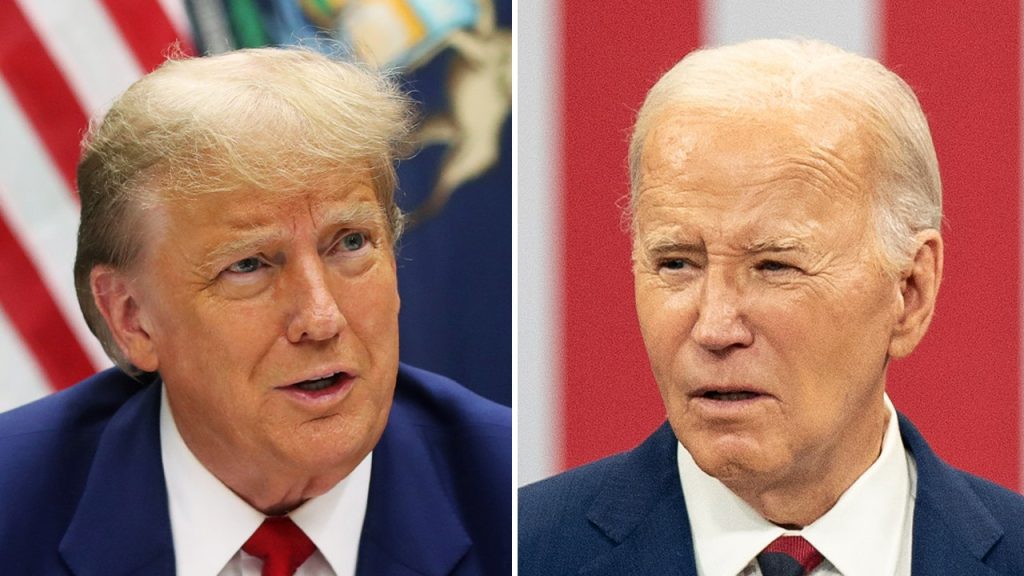President Joe Biden faced backlash on social media after a past tweet resurfaced where he pushed for the impeachment of President Trump over allegations of a quid pro quo with Ukraine. This led critics to argue that Biden should be impeached for withholding some weapons from Israel due to his objections to their actions in Gaza. Conservatives accused Biden of committing a similar offense to what Democrats accused Trump of during his impeachment, leading to calls for Biden’s impeachment and a criminal investigation into his actions. However, some have defended Biden, citing the Arms Export Control Act of 1961 which allows the President to withhold defense articles if they are being used for unauthorized purposes.
The White House dismissed accusations of hypocrisy, stating that Biden’s decision to withhold military aid from Israel was based on objections to their military actions in Gaza, and not a political favor. The administration emphasized that it was ensuring Israel received all the appropriated funds despite the decision to withhold some weapons, unlike Trump who failed to spend appropriated funds as required by law. However, House Republicans disagreed with this assessment, with GOP Rep. Cory Mills filing articles of impeachment against President Biden for soliciting a quid pro quo with Israel and compromising the credibility of the United States and undermining the interests of Israel.
Criticism of Biden extended beyond conservatives to include members of his own party, with Democratic Rep. Ritchie Tores suggesting that Biden’s decision to withhold military aid from Israel was driven by election year politics and pandering to the far left. This criticism reflects a broader debate over Biden’s foreign policy decisions in relation to Israel and the conflict in Gaza, with lawmakers questioning the motivations behind the President’s actions. The controversy over Biden’s handling of military aid to Israel highlights the challenges of balancing domestic and foreign policy interests, particularly in the context of longstanding alliances and conflicts in the Middle East.
The dispute over Biden’s decision to withhold military aid from Israel comes at a time when tensions in the region are high, with Israel carrying out military operations in Gaza and facing threats from various militant groups. The criticism directed at Biden reflects the broader debate over U.S. foreign policy towards Israel and the Palestinian territories, with different factions advocating for different approaches to the conflict. The impeachment articles filed against Biden demonstrate the deep divisions within Congress over this issue, with lawmakers from both parties taking opposing stances on the President’s actions.
Overall, the controversy over Biden’s handling of military aid to Israel highlights the complex and contentious nature of U.S. foreign policy, particularly in relation to conflicts in the Middle East. The competing interpretations of Biden’s decision underscore the challenges of balancing national security interests, alliance obligations, and political considerations in the realm of international relations. The push for impeachment reflects the deep divisions within Congress and the broader political landscape, with both Democrats and Republicans taking widely differing views on Biden’s actions towards Israel and the conflict in Gaza.


